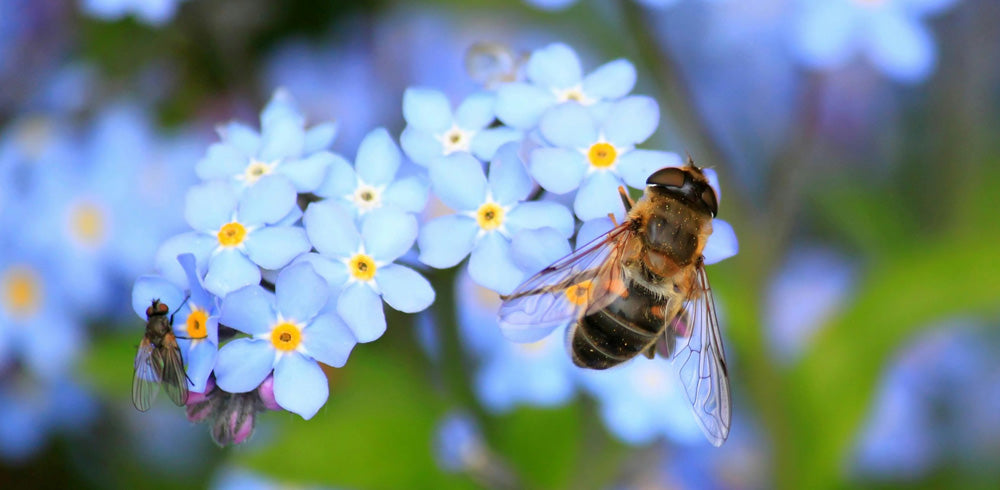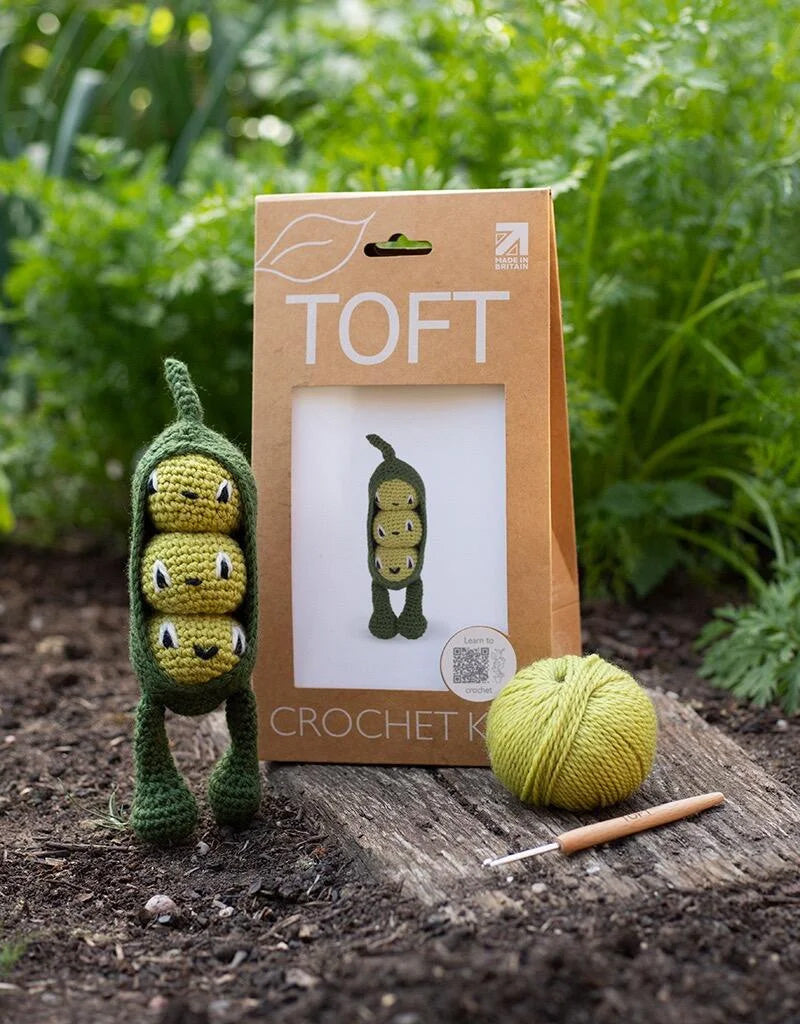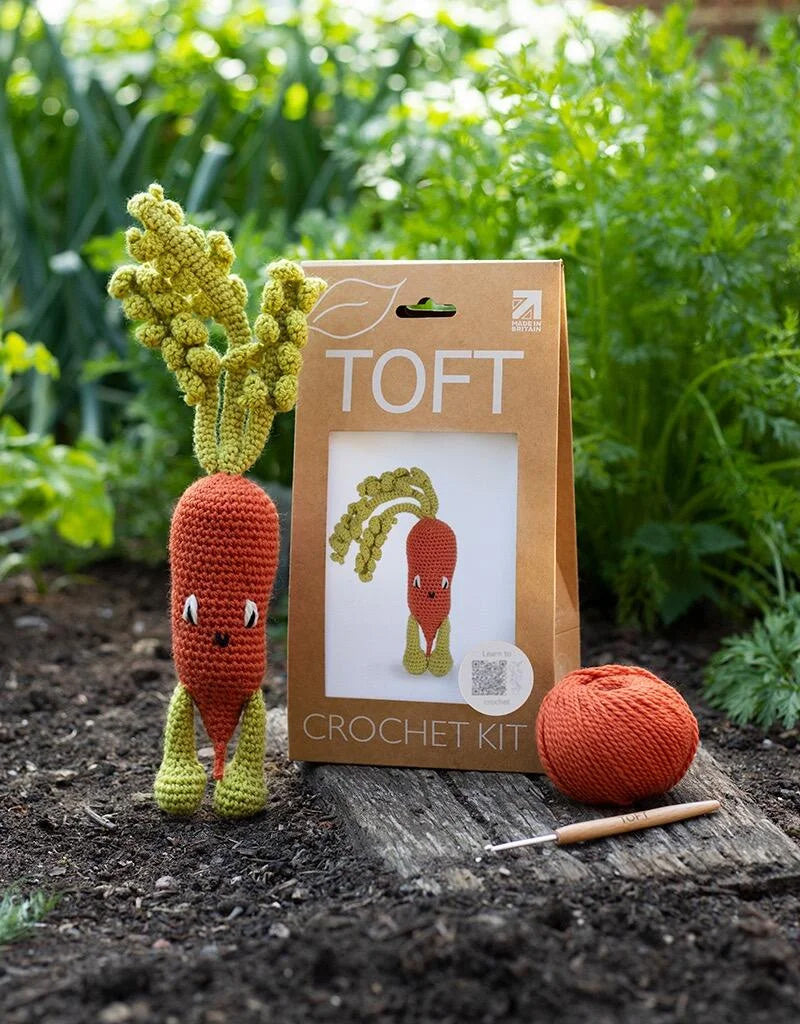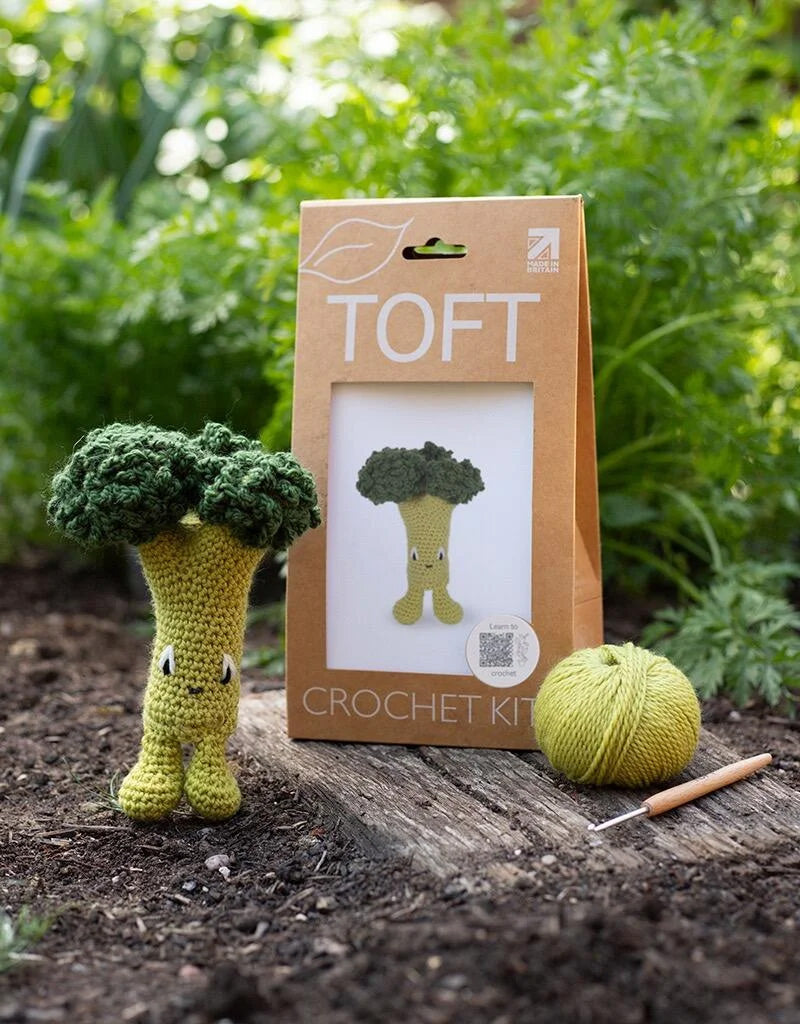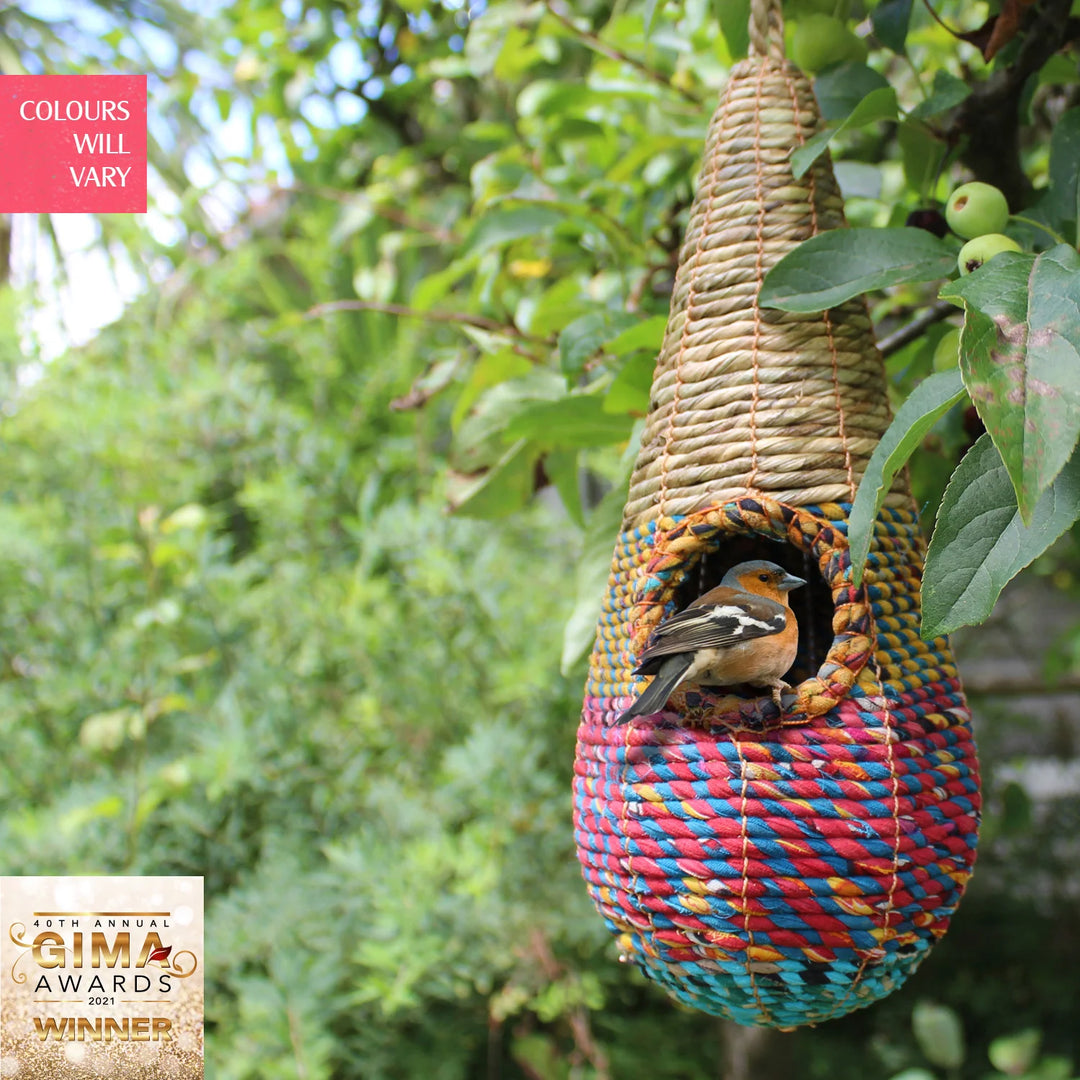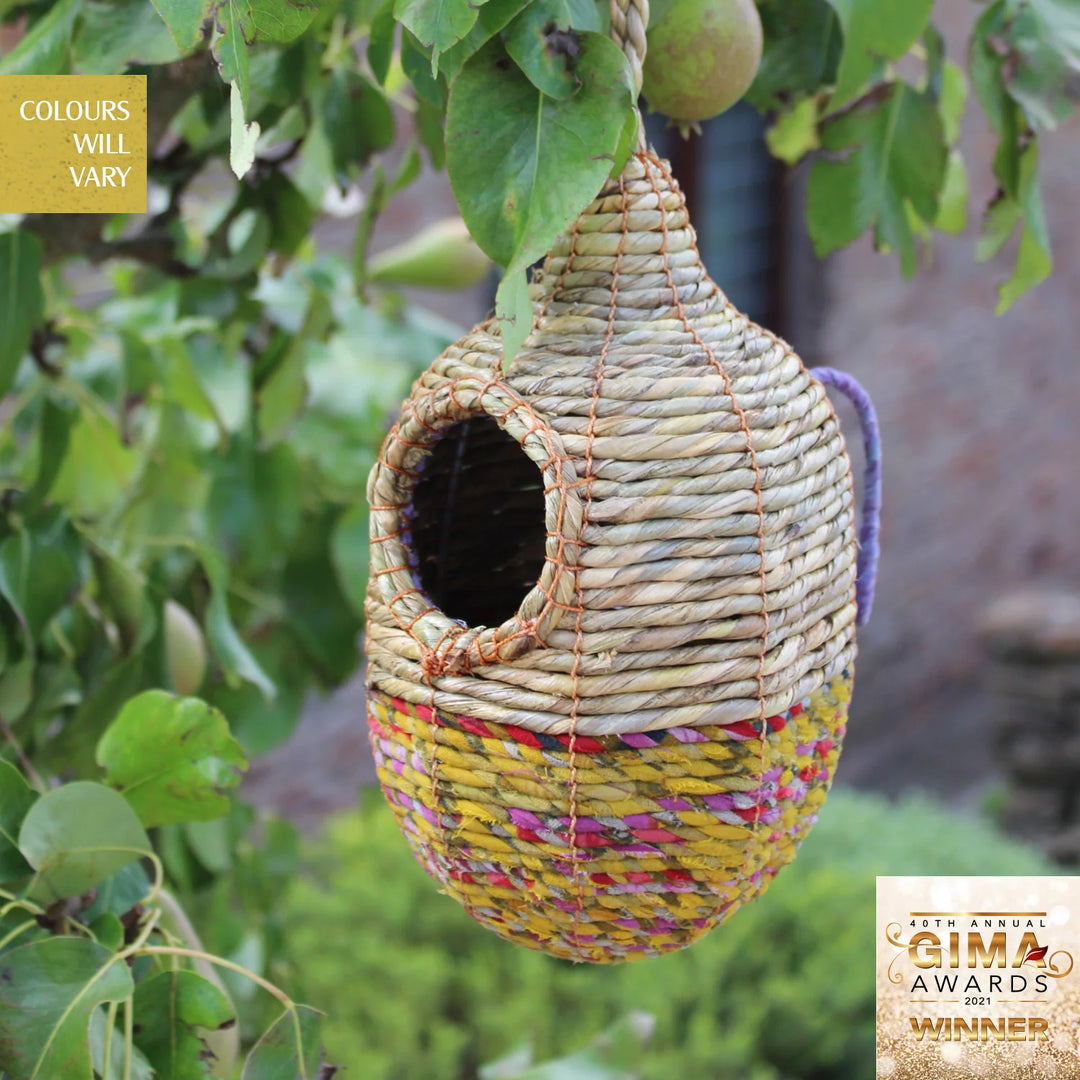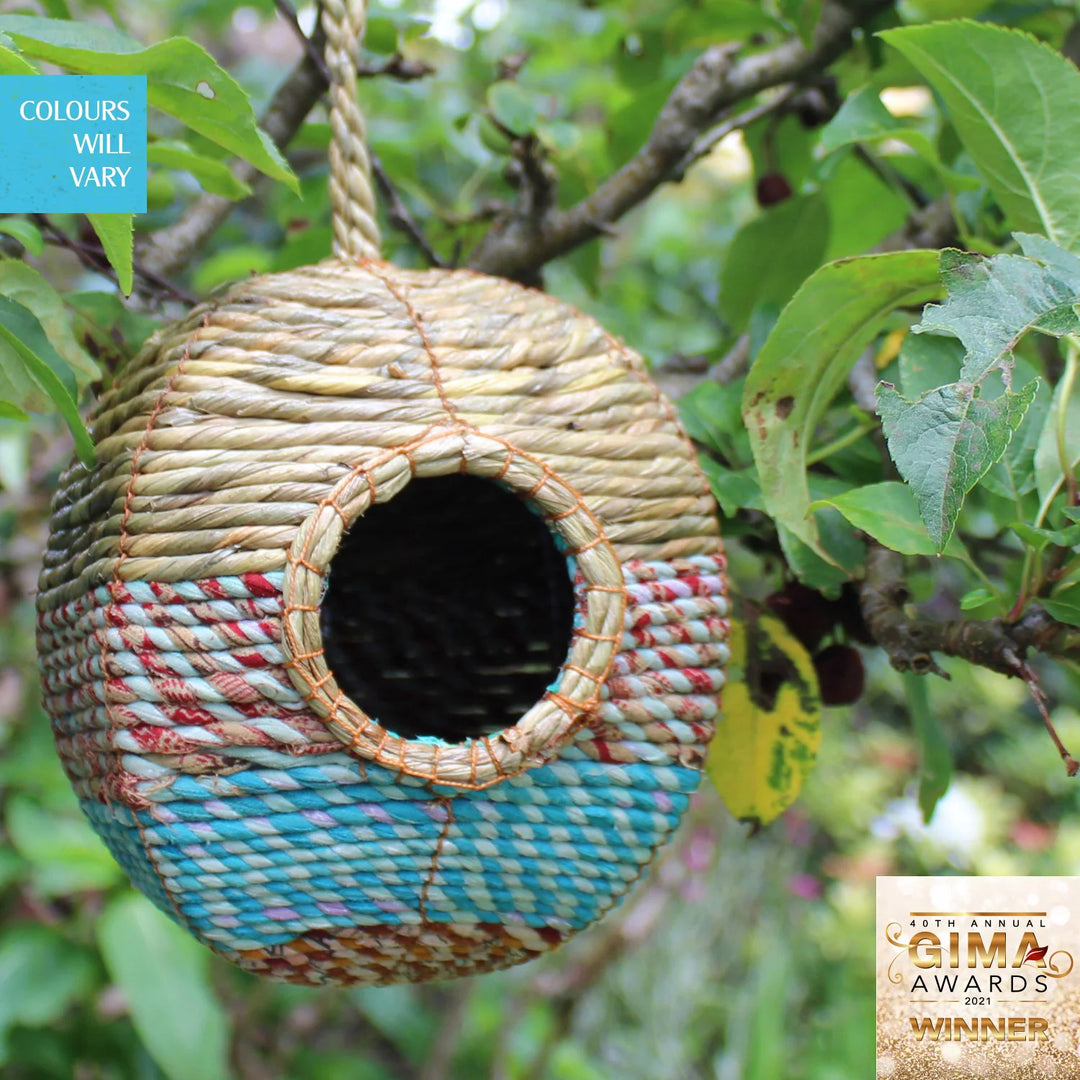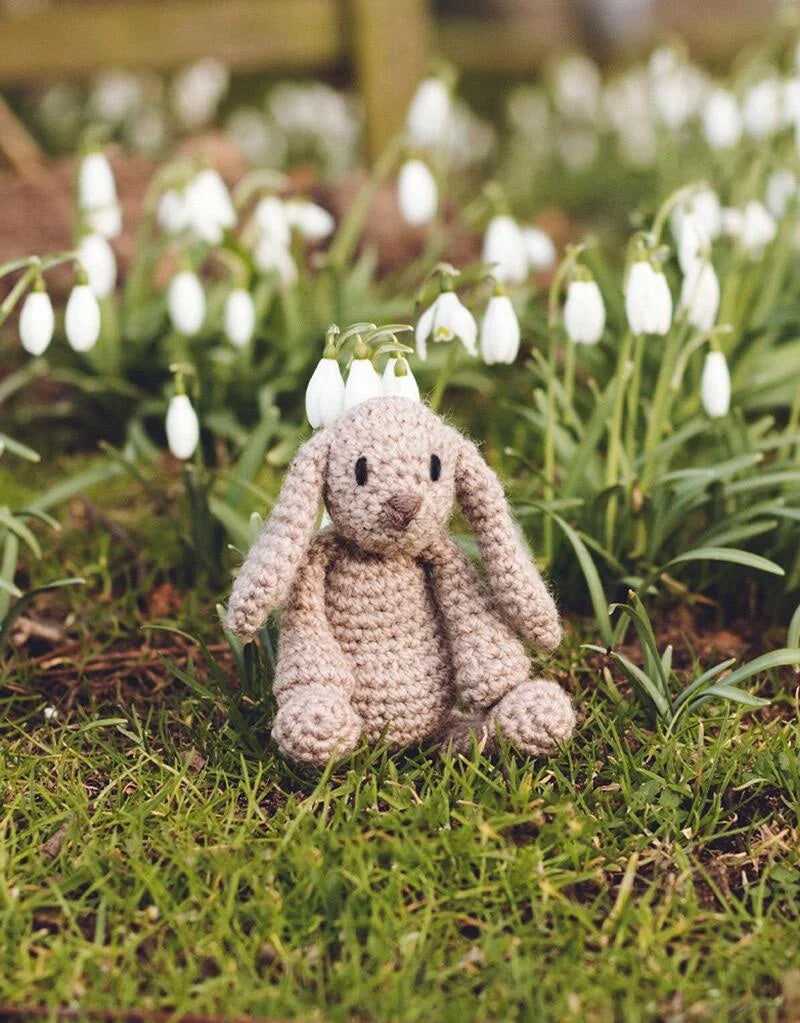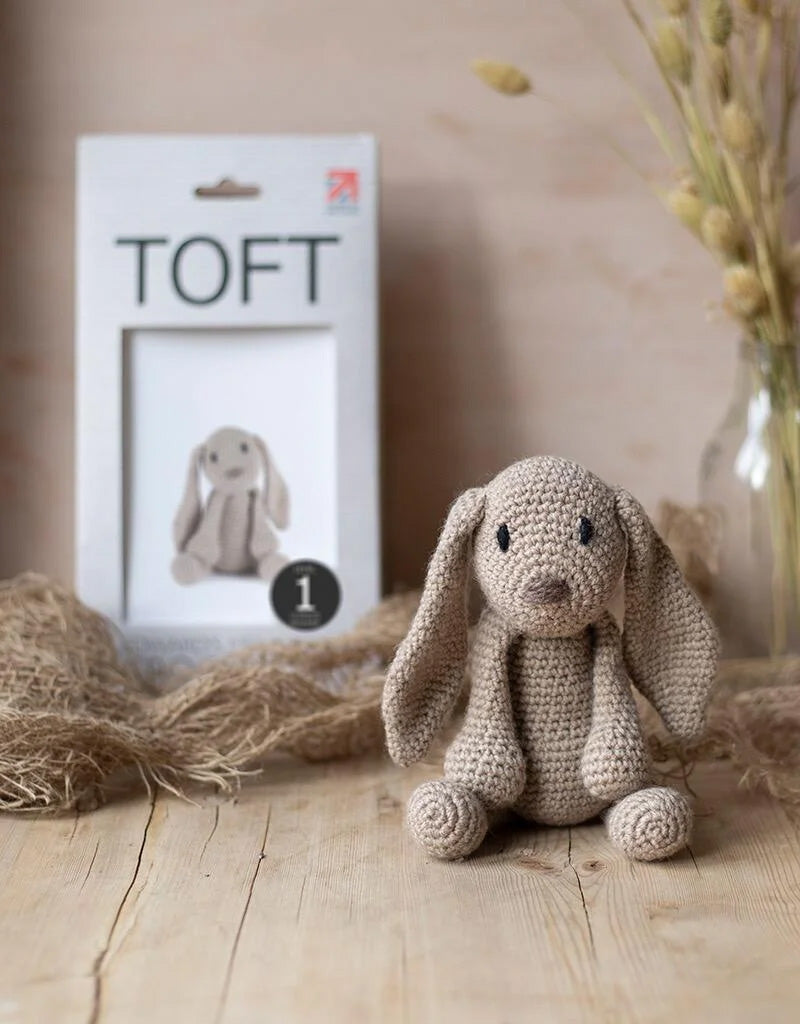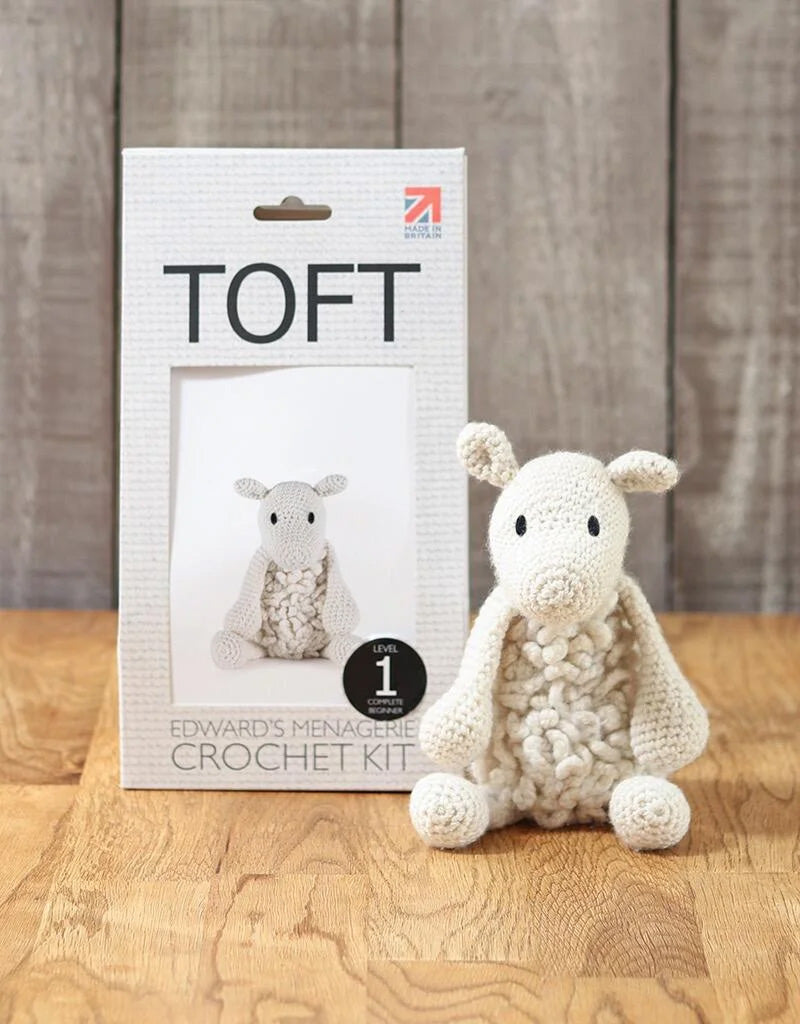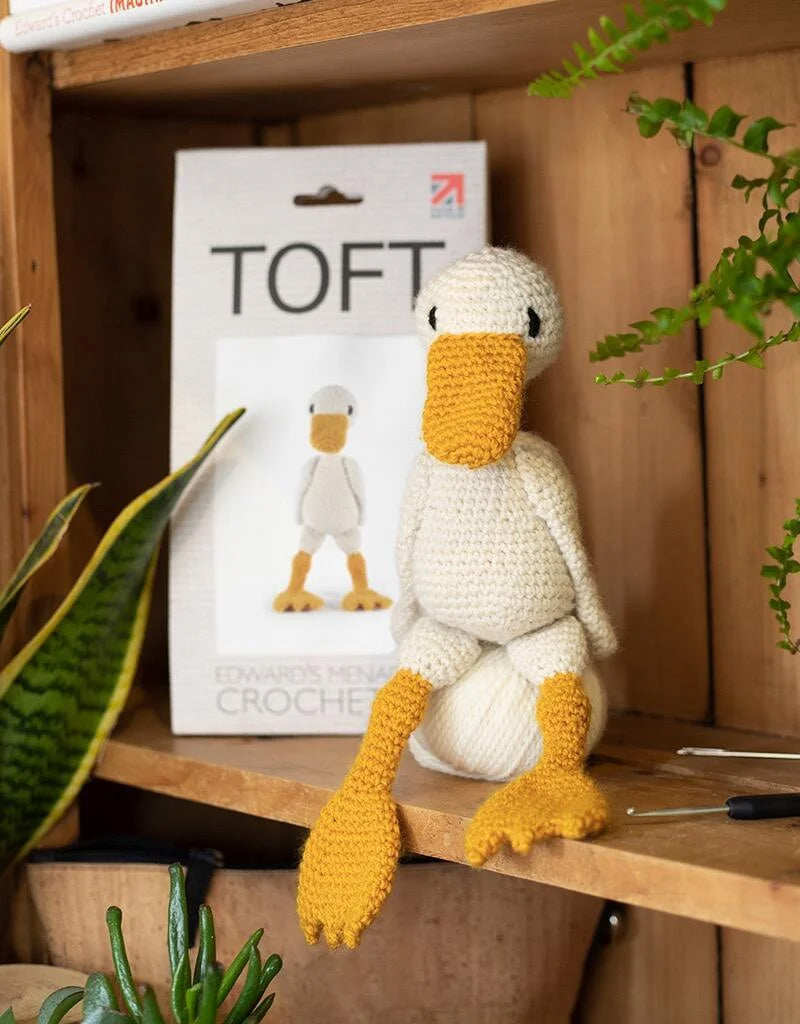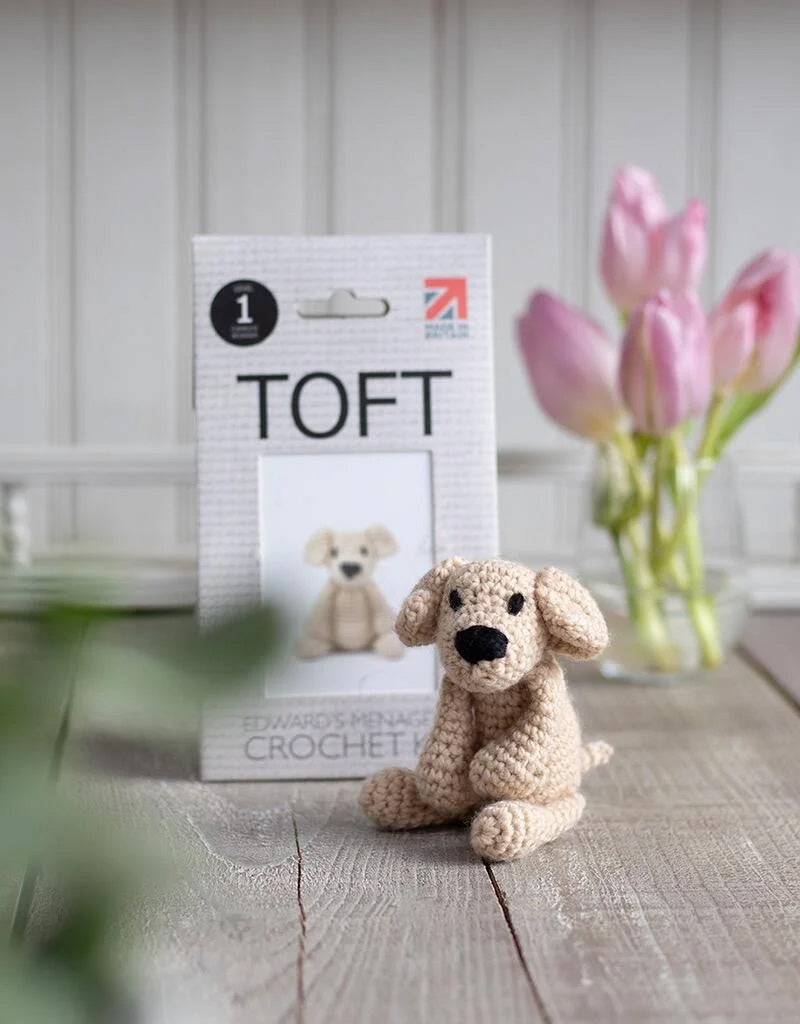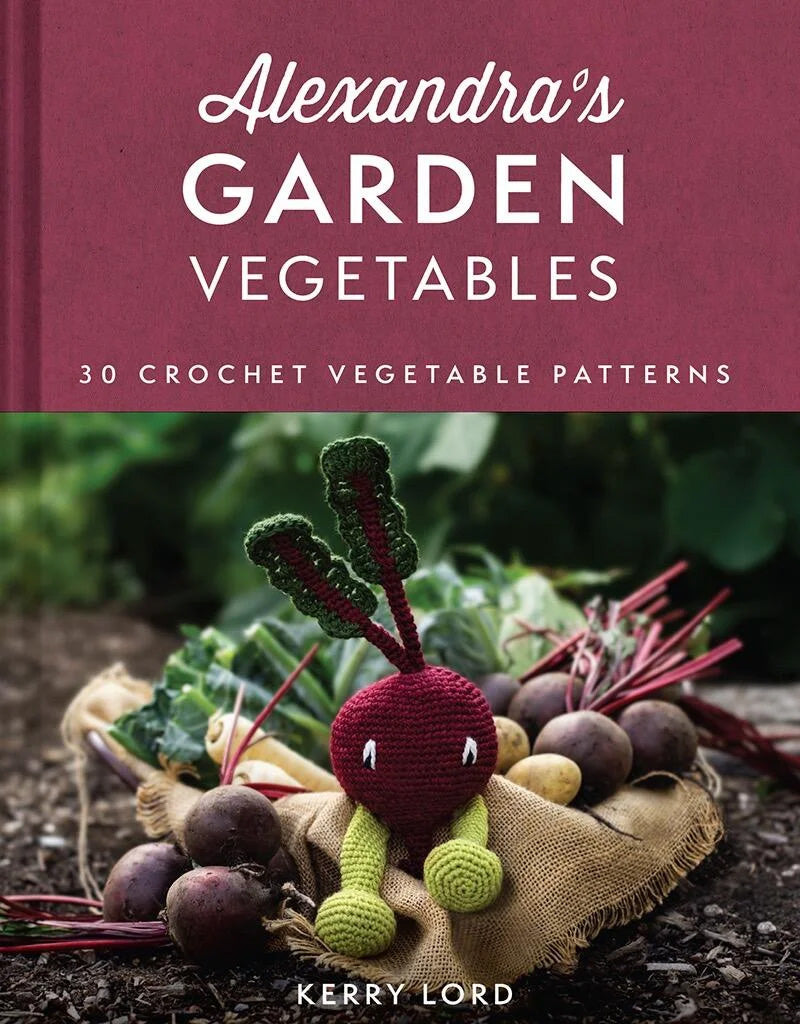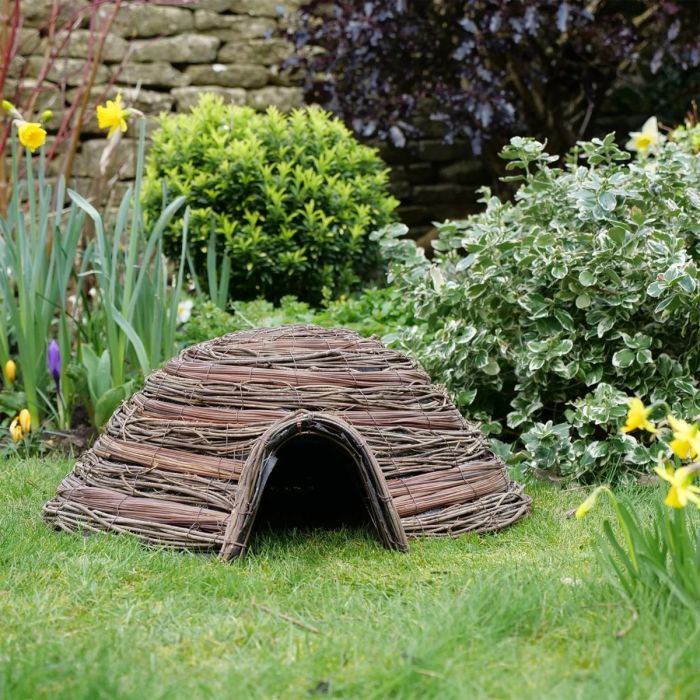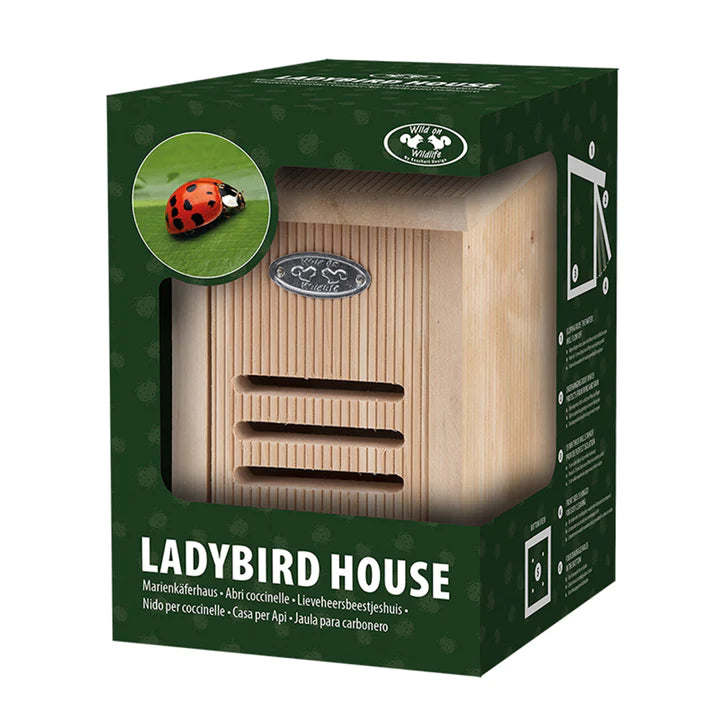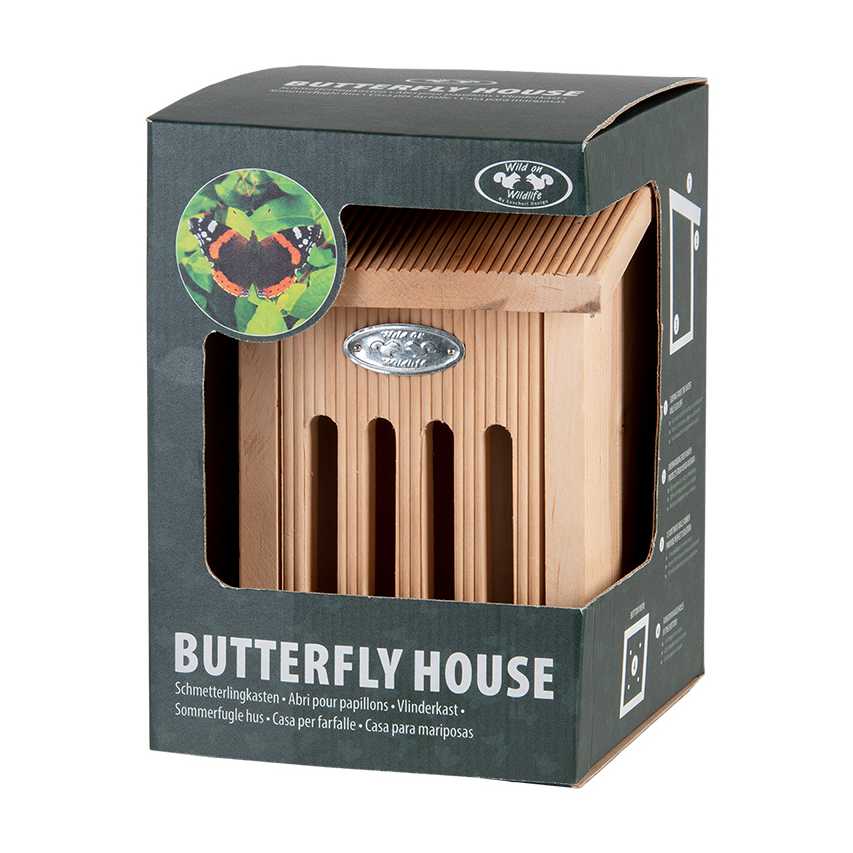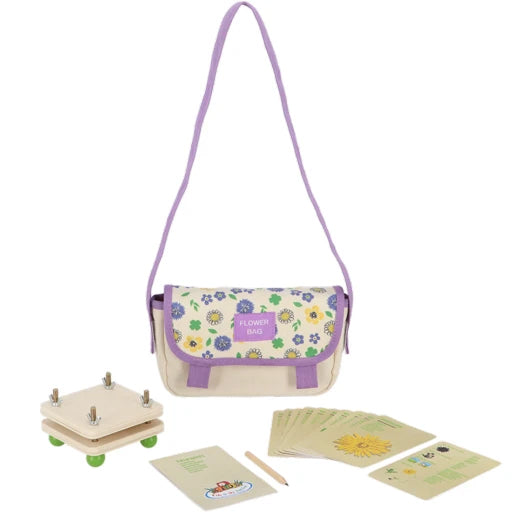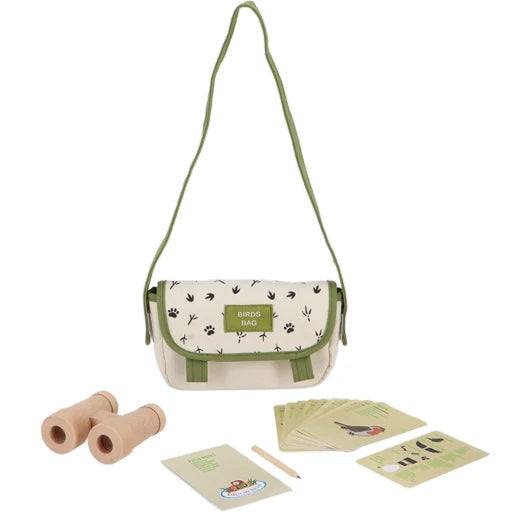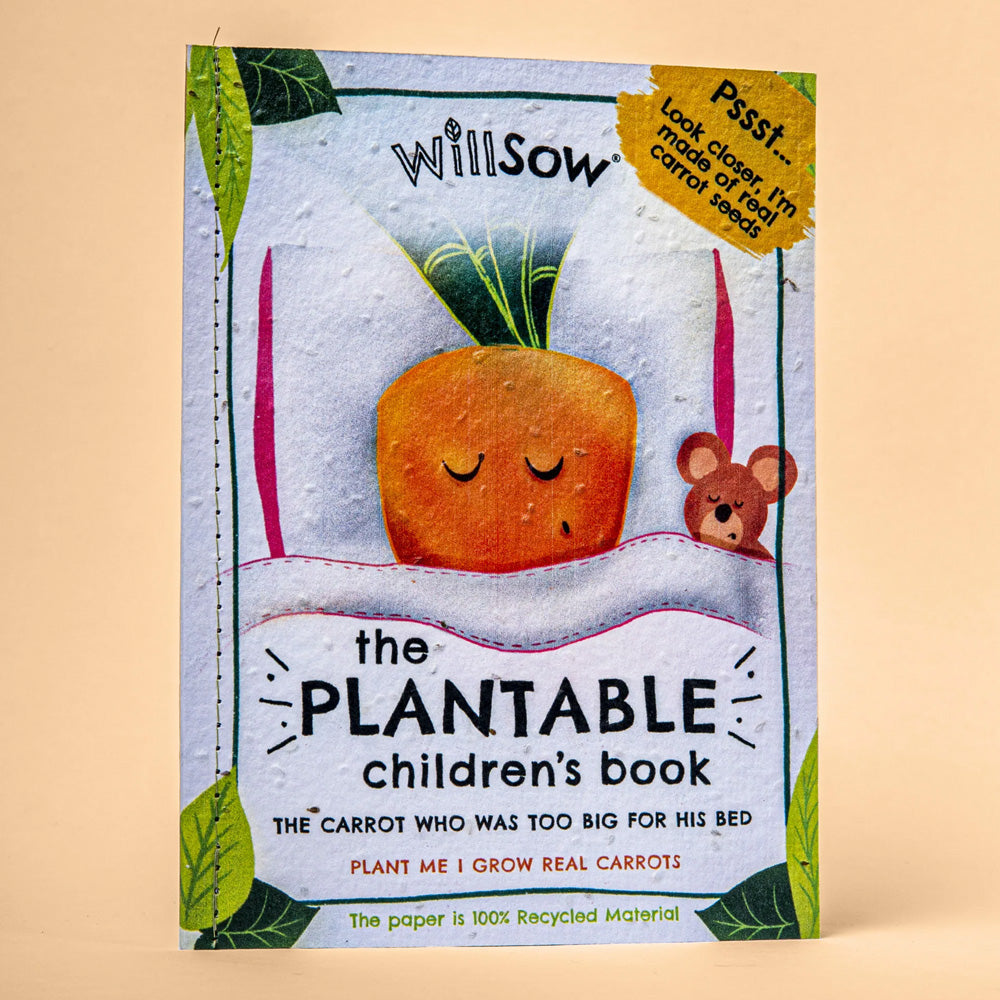Bees
Bees in the UK play a vital role in our ecosystem, particularly in our gardens. These fascinating creatures have a diverse diet and rely on specific habitats to thrive. Some species are protected, while others are endangered. Bees in the UK hibernate during the winter months, and their vibrant colours add beauty to our landscapes. Understanding the benefits of bees can help us appreciate and protect these important pollinators.
In the UK, there are over 270 species of bees, with the most common being the honeybee, bumblebee, and solitary bee. Bees are essential for pollinating plants, including fruits, vegetables, and flowers. Without bees, our gardens would not flourish, and our food supply would be severely impacted.
Bees have a varied diet that consists mainly of nectar and pollen. Nectar provides bees with energy, while pollen is a crucial source of protein. Bees collect nectar from flowers using their long tongues and store it in their honey stomach. They also collect pollen on their bodies as they move from flower to flower, transferring pollen grains in the process.
The habitat of bees in the UK varies depending on the species. Bumblebees typically nest in underground burrows or old rodent nests, while solitary bees nest in holes in the ground or in plant stems. Honeybees live in hives created by beekeepers or in hollow trees in the wild. It is essential to provide bees with suitable habitats in our gardens by planting a variety of flowers and providing nesting sites.
Some species of bees in the UK are protected under the Wildlife and Countryside Act 1981. These species are at risk due to habitat loss, pesticide use, and climate change. It is crucial to protect these bees and their habitats to ensure their survival for future generations.
During the winter months, bees in the UK hibernate to survive the cold temperatures. Bumblebees hibernate in small underground nests, while honeybees cluster together in their hives to keep warm. Solitary bees hibernate in their nests or burrows until the weather warms up in the spring. Providing bees with shelter and food sources throughout the year can help them survive the winter months.
Unfortunately, some species of bees in the UK are endangered due to various threats. The loss of wildflower meadows, intensive agriculture, and the use of pesticides have all contributed to the decline in bee populations. It is essential to take action to protect these bees and their habitats to prevent further decline.
Bees in the UK come in a range of colours, from the vibrant stripes of bumblebees to the golden hues of honeybees. These colours not only add beauty to our gardens but also serve as a warning to predators. Bees with bright colours are often poisonous or have a painful sting, deterring potential threats.
The benefits of bees in the UK are numerous and far-reaching. Bees are essential pollinators that help plants reproduce and produce fruits and seeds. Without bees, many plants would not be able to reproduce, leading to a decline in biodiversity. Bees also play a crucial role in the food chain, providing food for birds, mammals, and other insects.
In addition to their role as pollinators, bees produce honey, beeswax, and propolis, which have various uses in food, cosmetics, and medicine. Honey is a natural sweetener that is rich in antioxidants and has antibacterial properties. Beeswax is used in candles, cosmetics, and skincare products, while propolis has antimicrobial and anti-inflammatory properties.
Overall, bees in the UK are fascinating creatures that play a vital role in our ecosystem. By understanding their diet, habitat, and importance, we can appreciate and protect these valuable pollinators. Taking action to support bees in our gardens and communities can help ensure their survival for generations to come.
In the UK, there are over 270 species of bees, with the most common being the honeybee, bumblebee, and solitary bee. Bees are essential for pollinating plants, including fruits, vegetables, and flowers. Without bees, our gardens would not flourish, and our food supply would be severely impacted.
Bees have a varied diet that consists mainly of nectar and pollen. Nectar provides bees with energy, while pollen is a crucial source of protein. Bees collect nectar from flowers using their long tongues and store it in their honey stomach. They also collect pollen on their bodies as they move from flower to flower, transferring pollen grains in the process.
The habitat of bees in the UK varies depending on the species. Bumblebees typically nest in underground burrows or old rodent nests, while solitary bees nest in holes in the ground or in plant stems. Honeybees live in hives created by beekeepers or in hollow trees in the wild. It is essential to provide bees with suitable habitats in our gardens by planting a variety of flowers and providing nesting sites.
Some species of bees in the UK are protected under the Wildlife and Countryside Act 1981. These species are at risk due to habitat loss, pesticide use, and climate change. It is crucial to protect these bees and their habitats to ensure their survival for future generations.
During the winter months, bees in the UK hibernate to survive the cold temperatures. Bumblebees hibernate in small underground nests, while honeybees cluster together in their hives to keep warm. Solitary bees hibernate in their nests or burrows until the weather warms up in the spring. Providing bees with shelter and food sources throughout the year can help them survive the winter months.
Unfortunately, some species of bees in the UK are endangered due to various threats. The loss of wildflower meadows, intensive agriculture, and the use of pesticides have all contributed to the decline in bee populations. It is essential to take action to protect these bees and their habitats to prevent further decline.
Bees in the UK come in a range of colours, from the vibrant stripes of bumblebees to the golden hues of honeybees. These colours not only add beauty to our gardens but also serve as a warning to predators. Bees with bright colours are often poisonous or have a painful sting, deterring potential threats.
The benefits of bees in the UK are numerous and far-reaching. Bees are essential pollinators that help plants reproduce and produce fruits and seeds. Without bees, many plants would not be able to reproduce, leading to a decline in biodiversity. Bees also play a crucial role in the food chain, providing food for birds, mammals, and other insects.
In addition to their role as pollinators, bees produce honey, beeswax, and propolis, which have various uses in food, cosmetics, and medicine. Honey is a natural sweetener that is rich in antioxidants and has antibacterial properties. Beeswax is used in candles, cosmetics, and skincare products, while propolis has antimicrobial and anti-inflammatory properties.
Overall, bees in the UK are fascinating creatures that play a vital role in our ecosystem. By understanding their diet, habitat, and importance, we can appreciate and protect these valuable pollinators. Taking action to support bees in our gardens and communities can help ensure their survival for generations to come.


